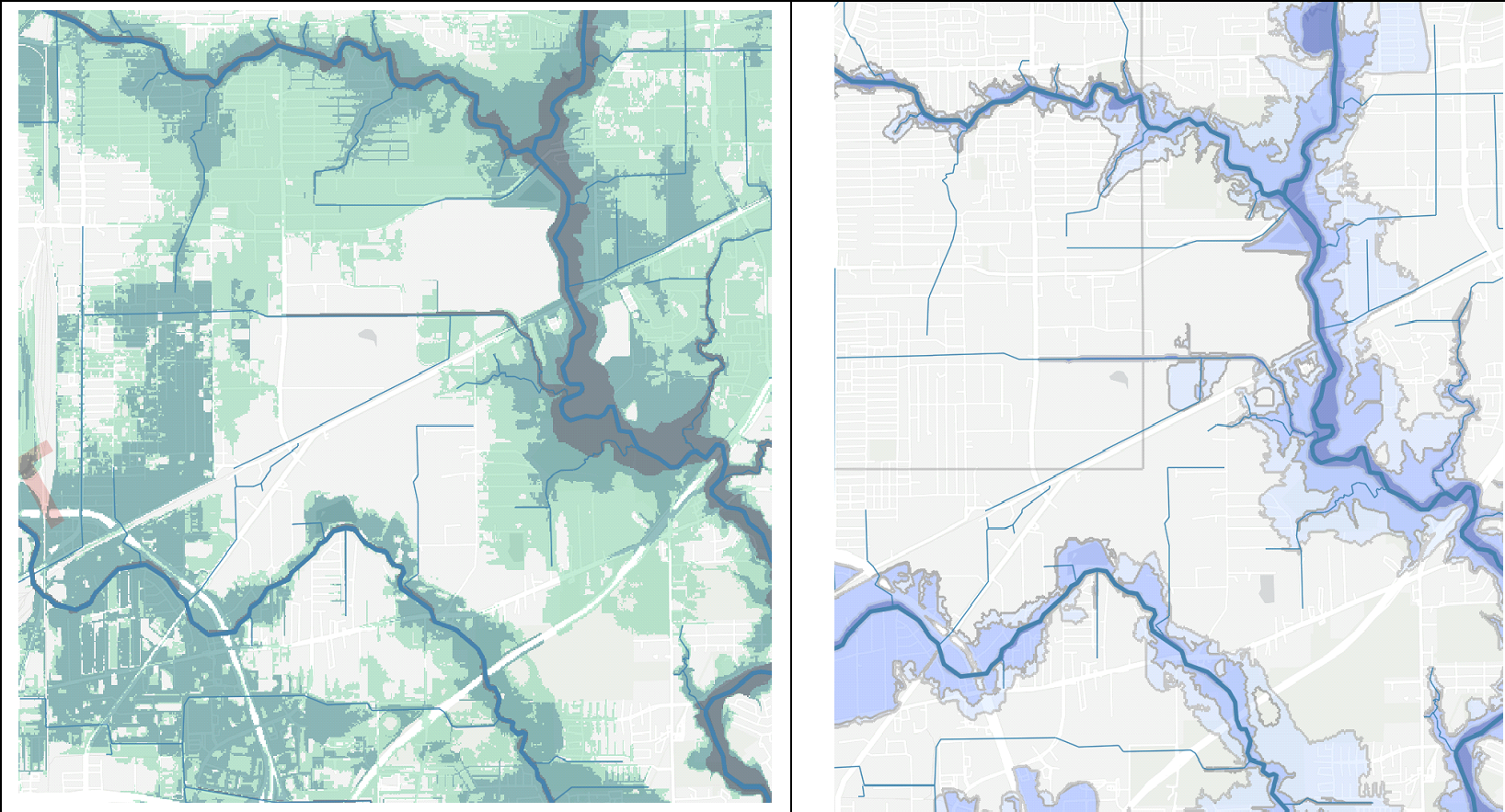One of the greatest hoaxes ever foisted on the Houston public is the claim that the Rebuild Houston program has paid down $1 billion of the City’s bond debt. In reality it has not paid down one penny on the debt. Here are the facts.
According to the City’s June 30, 2017 audit, the City’s total bond debt as of June 30, 2011 (the last fiscal year before Rebuild went into effect) was $12.3 billion. As of June 30, 2017, that bond debt had risen to $13.5 billion, a nearly $1.2 billion increase. And since then, the voters have authorized another $1.4 billion dollars in bonds which have either been issued since then or will be in the near future.

To be fair, the intent of Rebuild Houston was to reduce only one specific category of bond debt, an account referred to as “Public Improvement Bonds” (PIB). These are the bonds that the City has issued to general improvements like streets, drainage, parks, city buildings, etc. For decades the City issued bonds to build these various improvements and then reissued new bonds as the old ones paid off to start new projects.
There was never any intention that any funds from Rebuild Houston would actually go to pay down the PIB bonds. Rather, the City would stop issuing new bonds for streets and drainage and consequently the PIB debt would begin to go down as the City retired those bonds from the General Fund. The theory was that as the balance was reduced, the City would save money from having lower bond payments and those savings would be transferred to Rebuild to fund streets and drainage on a pay-as-you-go basis.
But what the Rebuild advocates did not count on was that the City would step up its issuance of PIBs for other purposes. As result, there has been only a minuscule reduction of the PIB balance, and therefore no consequential savings from the hoped-for reduced debt payments. Again, referring to the schedule of the City’s debt in its latest audit, it shows that the PIB debt in 2011 was $2.468 billion. By 2017 the PIB debt had only been reduced by $67 million to $2.401 billion, a 2.7% decrease. But the average outstanding debt during the time Rebuild has been in effect has actually been $70 million higher than what was owed in 2011.
So, how in the world do City officials stand up with a straight face and claim Rebuild has paid down a billion dollars of debt when the debt is just as high as it was before the Rebuild program was implemented? You might want to take a couple of aspirin before reading the explanation, because their contorted justification of this claim is likely to give you a headache.
When Rebuild was adopted, there was an accounting problem. No one knew how much of the $2.4 billion of outstanding PIB debt related to streets and drainage. So, they had to make an estimate. They settled on assigning 70% of the then-outstanding PIB debt to streets and drainage.
Each year thereafter, the outstanding debt “attributed” to streets and drainage was reduced by 70% of principal payments made on all PIB bonds. So, by the end of FY2018, the theoretical amount of the PIBs attributed under this estimate to streets and drainage had been reduced from about $1.8 billion to just over a $1 billion. Of course, that still does not get you to a billion dollars. So, to further exaggerate their claim, they also added the interest payments made over that time.
So, in the City’s financial alchemy, a billion dollars of principal and interest payments made from the General Fund, and which the City would have had to make whether Rebuild was ever enacted or not, has been magically transformed into Rebuild paying down a billion dollars of City debt. What utter horse hockey.
The financial antics of the City would be comical if this were not so serious. In 2017 and 2018, the City cut infrastructure spending over $180 million from the 2016 level, a reduction of over 20%. And this reduction was made notwithstanding that the City’s revenue increased in both years. The failure of the City to invest in its infrastructure has a direct impact on the daily lives of Houstonians, particularly when it comes to protecting us from flooding.
Our City officials should spend their time trying to actually fix our streets and drainage instead cooking the books in a vain attempt to justify a program that is clearly an abject failure.





